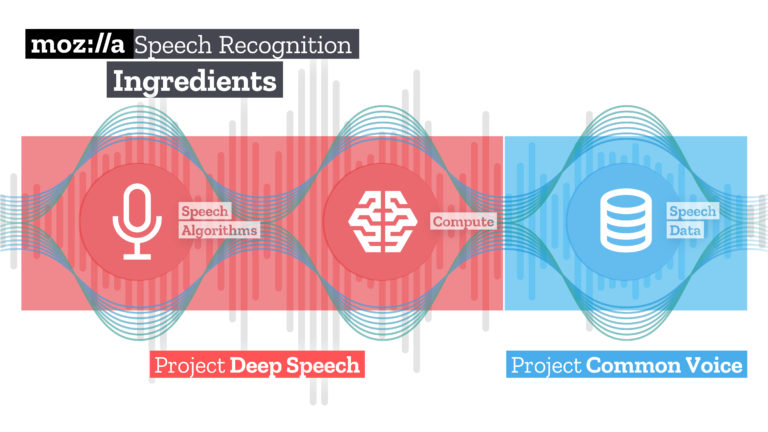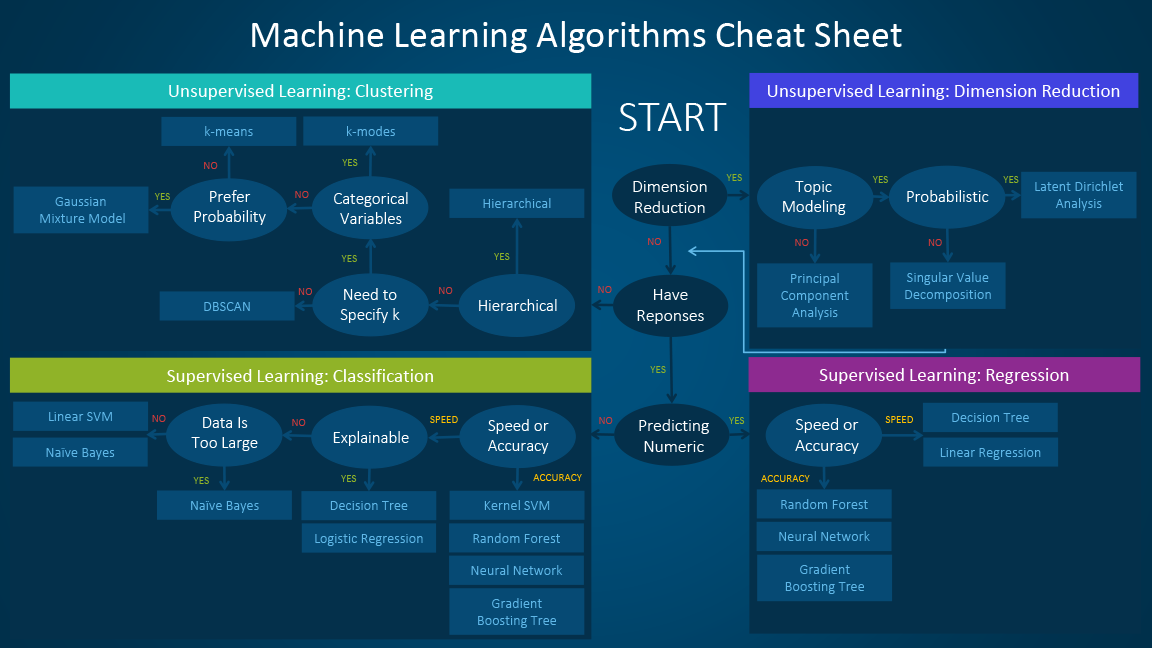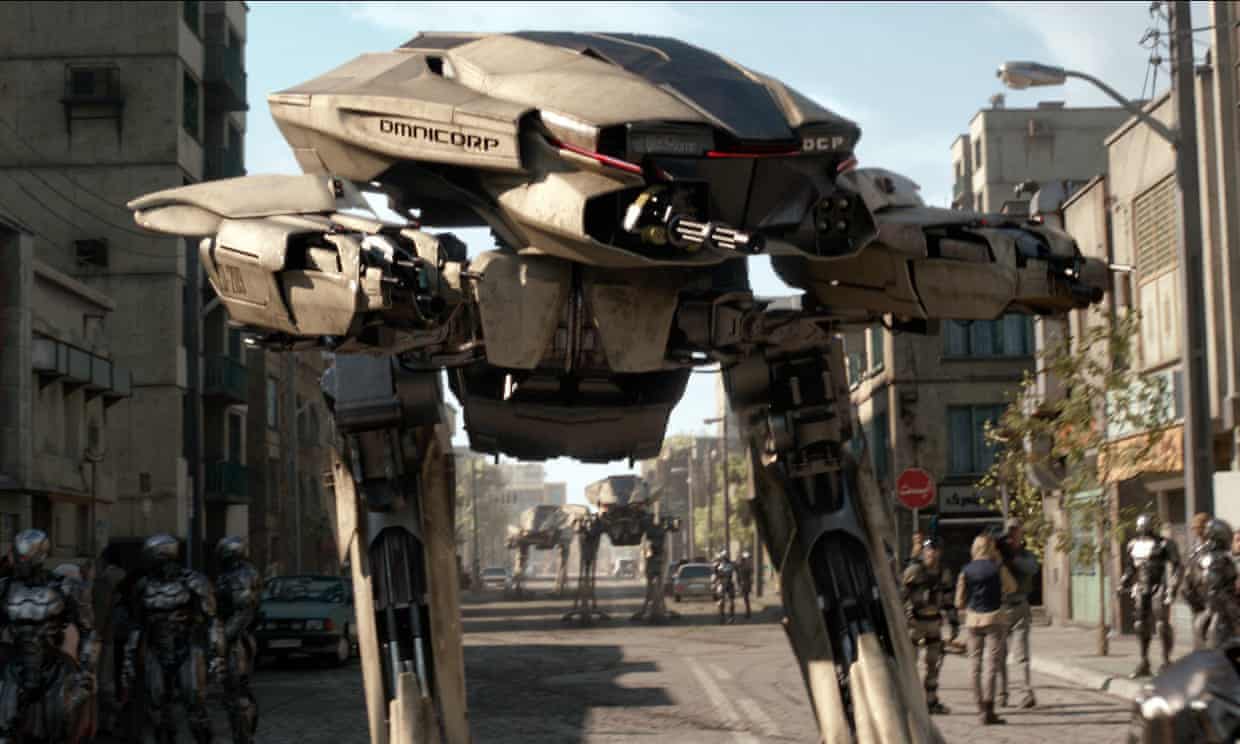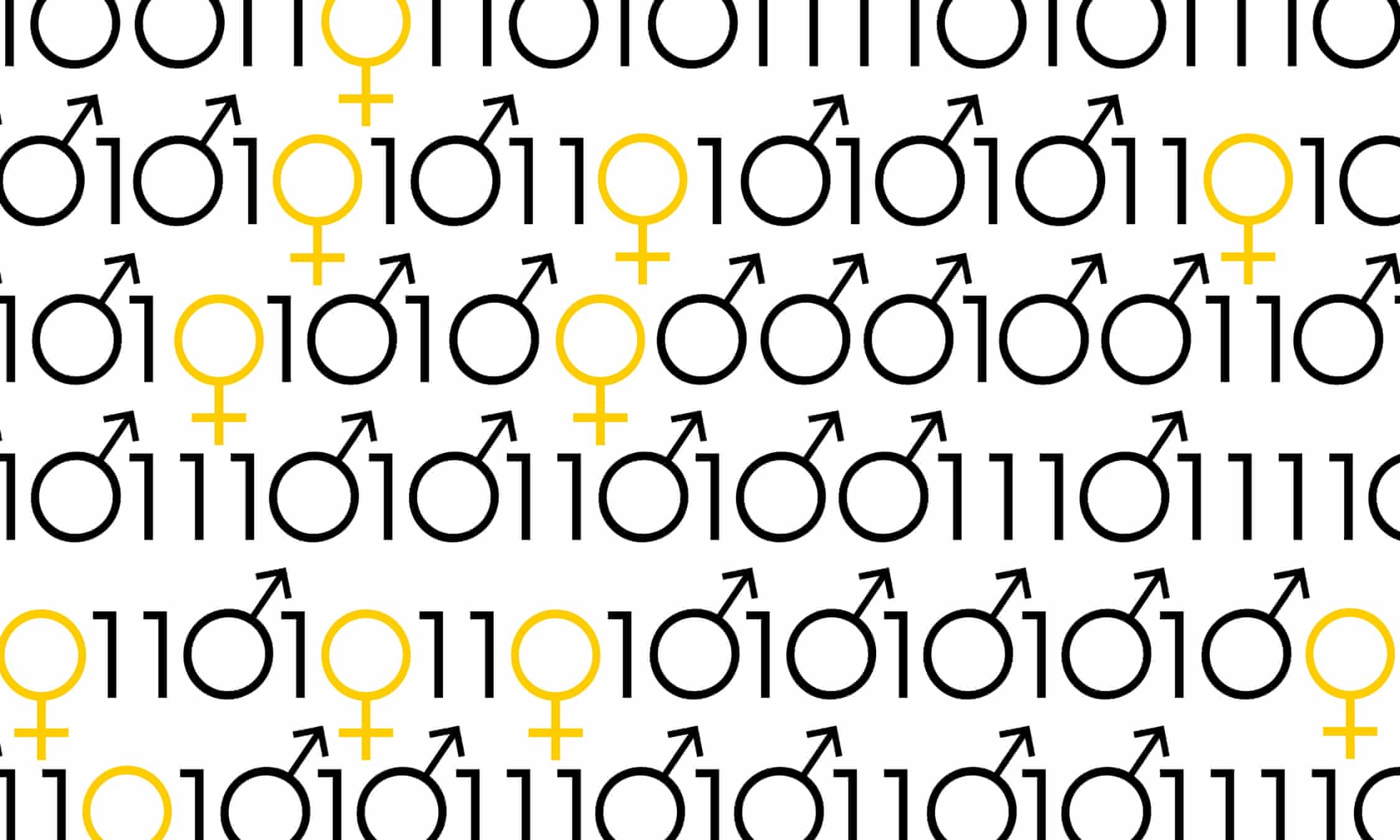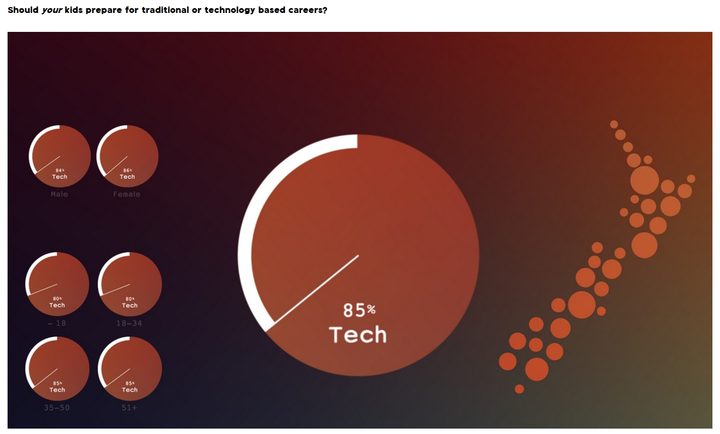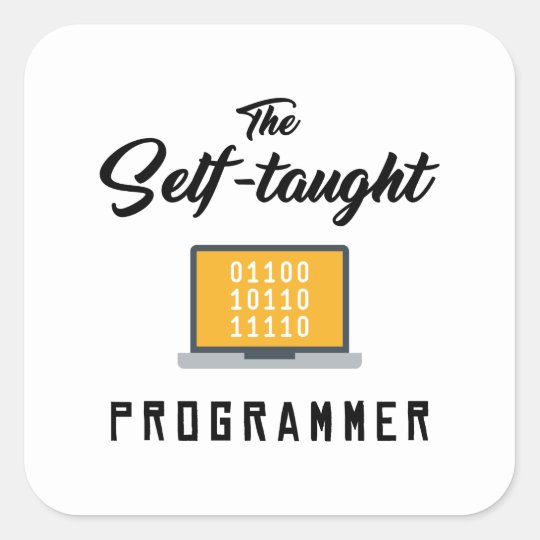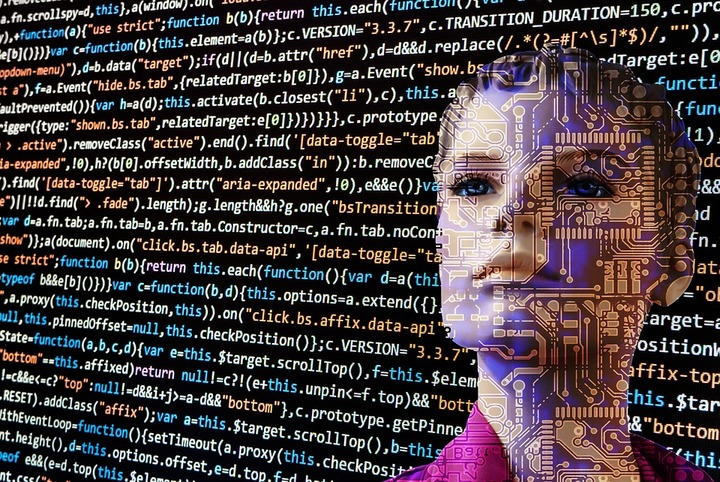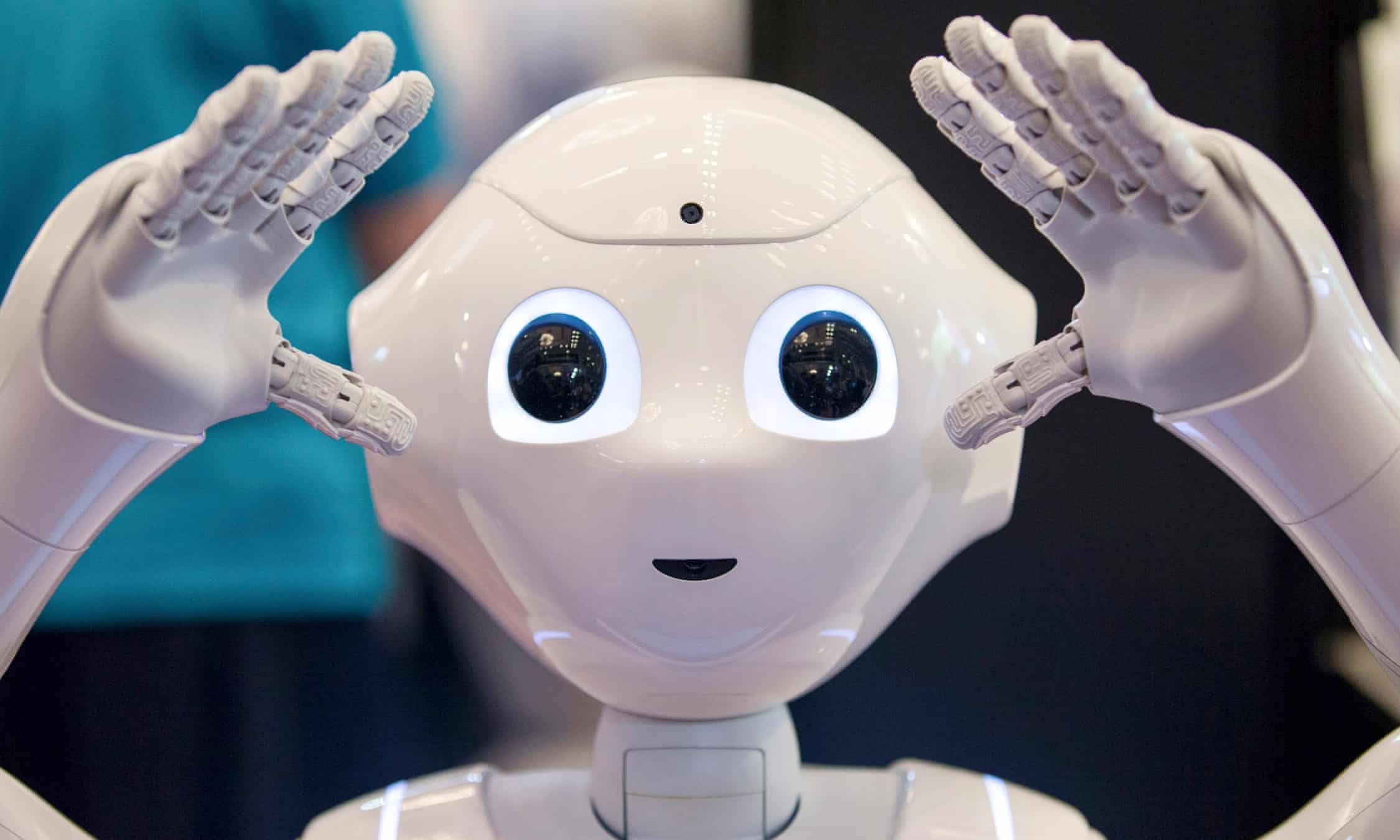Wednesday, December 13, 2017
AlphaZero learns chess in four hours
You may have heard of Google's deep learning system AlphaGo that learned to play Go better than the best human. Well, the latest incarnation, AlphaZero, has learned to play chess better than the best computer chess playing system, Stockfish. However, what is most remarkable is that AlphaZero took only four hours to learn how to play chess! Read all about it in Chess.com. Machine learning is advancing very rapidly.
Monday, December 11, 2017
Mozilla’s Open Source Speech Recognition Model and Voice Dataset
Mozilla has just announced the initial release of Mozilla’s open source speech recognition model that has an accuracy approaching what humans can perceive when listening to the same recordings. They are also releasing the world’s second-largest publicly available voice dataset, which was contributed to by nearly 20,000 people globally. This looks like it will be a very useful resource for researchers.
Saturday, November 25, 2017
Republicans are about to kill the open internet and this town will pay the price
You've probably heard of "net neutrality" but maybe unsure what it is. Put simply it's the idea that every packet of information crossing the Internet has equal priority. Whether you're watching Netflix, listening to Spotify or playing Minecraft all the data is treated equally. Some people who argue for the "free market" claim that Internet service providers (ISPs) should be allowed to prioritise data from certain sources and to specific customers, of course for a fee. Apple, which has huge cash reserves, could for example pay ISPs to prioritise data from Apple Music giving users a better service at no visible cost to them. However, many argue that this would go against the founding principles of the Internet. To see what the future may hold in an unequal Internet look no further than the small rural town of Winlock, Washington – where the Internet is dead slow, if available at all – the residents there are major proponents of net neutrality and argue the Internet is a basic necessity. The Guardian has an interesting article on this.
Tuesday, November 7, 2017
Computers in the kitchen
Is there nowhere now that computers aren't being used? You'd have thought perhaps that the kitchen would be relatively free of computers. Well, you'd be wrong. Recent innovations in 3D printing are letting innovate chefs create wonderful looking (and hopefully great tasting) dishes. This website illustrates some of the fabulous things that can be made from 3D printers and computer-assisted lathes.
Tuesday, October 17, 2017
Which machine learning algorithm should I use?
Which machine learning (ML) algorithm should I use? It's a common question I get asked and usually, once I know something about the application and the data I can make an educated guess: a clustering algorithm, a neural net, k-nearest neighbour... But, I've been working in ML for decades. For ML newbies this is a hard problem because there are so many ML algorithms to choose between. SAS have created a resource designed primarily for beginner to intermediate data scientists or analysts who are interested in identifying and applying machine learning algorithms to address the problems of their interest. Read their blog post to learn how to navigate their flow chart.
Thursday, October 12, 2017
Machine learning: the power and promise of computers that learn by example
Machine Learning is becoming more important in many aspects of our daily lives. However, most of the general public and importantly politicians and policymakers are quite ignorant of its scope, strengths and weaknesses. To better inform people the UK's prestigious Royal Society has recently released a report titled Machine learning: the power and promise of computers that learn by example.
Wednesday, October 4, 2017
Wednesday, September 6, 2017
Elon Musk leads 116 experts calling for outright ban of killer robots
I recently come back from the IJCAI-17 conference in Melbourne. 2,000 of the worlds leading AI researchers gathered together to share their latest research and discuss the future. One of the first things the conference did was to release an open letter to the world's media. The open letter, signed by Tesla chief and Google's Mustafa Suleyman, urges UN to block use of lethal autonomous weapons to prevent third age of war Some of the world's leading robotics and artificial intelligence pioneers are calling on the United Nations to ban the development and use of killer robots.
Thursday, August 10, 2017
Diversity in Computer Science
Google has been in the news for all the wrong reasons recently. It started when one of their software engineers wrote a blog post that argued that the reason why relatively few woman worked for Google was because men were kind of biologicaly better suited to coding. Once the blogger was identified Google fired him. He's now suing the company for infringing his freedom of speach. 60 female Google employees are considering suing as well, claiming sexism and a pay gap. The Guardian has written an article titled "Why are there so few women in tech? The truth behind the Google memo".
Friday, August 4, 2017
"A new study shows..."
Apparently "A new study shows..." are the four most dangerous words in science. A fascinating article in Wired profiles John Arnold, a billionaire who is spending his fortune on the Reproducibility Project. What they are finding, somewhat worryingly, is that the majority of published research can't be reproduced. They argue that the current competitive and often secretive science model is flawed and that science should be more open and collaborative. It's hard to disagree.
Monday, July 24, 2017
What are the algorithms that affect your life?
My colleague, Mark Wilson, brought this news article to my attention; by the ABC titled "How algorithms make important government decisions — and how that affects you" it describes how computer programs are legally allowed to make decisions in Australia. This is part of an ongoing series, by Simon, titled "The important algorithms we know nothing about — and why we need to know more". Some people will I imagine find this troubling.
Wednesday, July 12, 2017
How many alien worlds exist?
Have you ever wondered if "we" are alone in the universe, and if not how many alien civilisations may be out there? Well, you'd not be alone. In fact, there's an equation, called the Drake equation, that lets us calculate how many alien civilisations there may be. The BBC has a nice interactive graphic that lets you play with the Drake equation to calculate your own figure. There's also a great TED Talk on the subject.
Wednesday, July 5, 2017
Exploding the myths of Ada Lovelace’s mathematics
There has been some debate for years as to exactly how "mathematical" Ada Lovelace actually was, with some believing her to be a mere amateur and others a gifted genius. Recent research by Christopher Hollings and Ursula Martin of Oxford Mathematics, and Adrian Rice, of Randolph-Macon College, Virginia, has investigated the archives of the Lovelace-Byron family, held in Oxford’s Bodleian Library. In two recently published papers in the Journal of the British Society for the History of Mathematics and Historia Mathematica they conclude that: "Lovelace’s keen eye for detail, fascination with big questions, and flair for deep insights, which enabled her to challenge some deep assumptions in her teacher’s work. They suggest that her ambition, in time, to do significant mathematical research was entirely credible, though sadly curtailed by her ill-health and early death."
Wednesday, June 28, 2017
The optimist’s guide to the robot apocalypse
There has been a lot of talk recently about the soon to happen jobs apocalypse as we are all replaced by robots and AIs (I've been guilty of adding to this). Certainly, it's true that, for example, anyone who drives for a living could lose their job as driverless vehicles take over. The same is true for many other industries and professions. However, others point out that many new and different jobs will be created. A recent article in Quartz titled The optimist’s guide to the robot apocalypse makes this point very well and shows a fascinating graph that shows that whilst Amazon's robotic workforce rose from 1,400 to 45,000 their human workforce also rose, from just over 100,000 to around 350,00. The robots aren't replacing people, they're making the company more efficient. Let's hope


Wednesday, June 21, 2017
On the radio again... twice
I've appeared on Radio New Zealand's National programme twice in the last couple of weeks, both times on the Mediawatch show. There has been a strong interest in Artificial Intelligence in the media recently which is very welcome as it is having a growing impact on society.
The first radio piece is titled Robots rebooting reporting?
The second interview was about the TV One show What Next, if you don't want to listen to the entire radio show then you can hear me around 15:20 into the show.
The first radio piece is titled Robots rebooting reporting?
The second interview was about the TV One show What Next, if you don't want to listen to the entire radio show then you can hear me around 15:20 into the show.
Wednesday, June 14, 2017
Algorithmic bias in word embeddings
As computer science becomes increasingly embedded in all aspects of our modern world people are starting to recognise that computer scientists need training in ethics. This post is titled "algorithmic bias in word embeddings." Do you even know what that means? If not I recommend that you read this article from Wired by Emma Pierson. An example from the world is that a recent study has found that Facebook rejects female engineers’ code more often than males.
Thursday, June 8, 2017
What skills do self-taught programmers commonly lack?
My colleague, Mark Wilson, brought this interesting discussion on Quora to my attention. In answer to the question: "What skills do self-taught programmers commonly lack?" There are some really interesting answers.
Thursday, June 1, 2017
British Airways IT system crash lands
You probably saw a few days ago in the news that all of British Airways fleet of planes was grounded worldwide because of a "glitch" in their IT system. It's rumoured that this will cost the company over $100 million in compensation to passengers and their share price has already lost $170 million in value. What's troubling is that they still don't know what caused the catastrophic outage. Industry insiders, however, are saying the likely cause is outdated infrastructure, for example: "We were leading the communications curve back 20 years ago, and the problem is that that now means that much of our infrastructure is hanging off a 25-year-old backbone. Some data centres are reaching the end of their life. And how do you refurbish that when you can’t turn it off?" Read more about this here.
Friday, May 26, 2017
The Next Big Blue-Collar Job Is Coding
An interesting article in Wired puts forward the notion that coding rather than being a glamorous profession for intellectuals is actually the new "blue collar' job, equivalent to a skilled car factory job in the 1970s. It's worth a read.
Monday, May 22, 2017
Free public lecture - The Ethics of AI
This week's final public Gibbons lecture, organised by the Dept. of Computer Science at The University of Auckland will take place this Thursday evening. The lecture titled The Ethics of AI will be given by Associate Professor Watson, Department of Computer Science, University of Auckland. Information about the lecture, the venue and times can be found here. If you cannot attend in person the lecture will be live streamed and will be available online afterwards from the link above.
Tuesday, May 16, 2017
Free public lecture - Deep learning - what's missing?
This week's free public Gibbons lectures, organised by the Dept. of Computer Science at The University of Auckland will take place this Thursday evening. The lecture titled Deep learning - what's missing? will be given by Associate Professor Marcus Frean, School of Engineering and Computer Science, Victoria University of Wellington. Information about the lecture, the venue and times can be found here. If you cannot attend in person the lecture will be live streamed and will be available online afterwards.
Monday, May 8, 2017
Two more AI interviews
I've been busy and have been interviewed two times in the last few days on AI and ethics for different radio stations. The first was for 95bFM, which you can listen to here. The second was for Radio Live, which you can listen to here.
Tuesday, May 2, 2017
Free public lecture - AI: from Aristotle to deep learning machines
The first of this year's free public Gibbons lectures, organised by the Dept. of Computer Science at The University of Auckland will take place this Thursday evening. The first lecture titled AI: from Aristotle to deep learning machines will be given by Professor Nikola Kasabov, Director of the KEDRI Research Institute, Auckland University of Technology. Information about the lecture, the venue and times can be found here. If you cannot attend in person the lecture will be live streamed and will be available online afterwards.
Tuesday, April 25, 2017
The Future of AI - radio interview
I gave a radio interview yesterday for Radio New Zealand's National Programme on the Future of AI, which particularly focused on the ethical implications of AI. You can listen to the interview here.
Monday, April 17, 2017
Just because you can...
New technology often has unexpected uses. When the laser was invented nobody had any what possible use it could be and now they are ubiquitous, from light shows to DVD players and surveying. Similarly, the 3D printer is discovering new uses. Here's a daft one; printing a photo of your face onto the top of your coffee (thanks Bob).
Tuesday, April 4, 2017
The jobs are gone and they aren't coming back
An interesting article published recently in The Guardian titled: The robot debate is over: the jobs are gone and they aren't coming back puts forward a clear argument that in the next 20 years many many jobs will be lost to automation. They're not just talking about manufacturing jobs and driving they also mean professional jobs like accountancy and the law. Society needs to address this issue with increasing urgency.
Friday, March 24, 2017
Let me entertain you...
Let me entertain you – that’s how to get a science message across. This is a claim made by an interesting article in The Conversation, and it's one that I agree with. I personally think it's much more important in a lecture to leave students interested and excited by a subject than to have just ensured they got the facts. If they think a subject is fun or interesting those with an interest will seek out the knowledge themselves. Read the whole article here and watch the entertaining science video below.
Tuesday, March 7, 2017
Free Software from NASA
NASA has just published its software catalogue and you can download the software tools its engineers, designers and project managers use for free! If you happen to be designing your own space launch system in your garage this will be very helpful as understandably many of the tools concern rocket design. But, there are many other categories of software available ranging from project management to environmental science. Check out the catalog here.
Thursday, March 2, 2017
Why robots won't rule the world
Once again robots and AI are in the news. This time it's the famous philosopher Daniel Dennett, who frequently comments on AI. Below is a short video from the BBC Viewsnight series titled: "Why robots won't rule the world."
Tuesday, February 21, 2017
Should robots pay tax?
Should robots pay tax? It sounds like a daft idea, but increasingly many people are putting this idea forward. The basic idea is that if a robot replaces a person doing a job, for example a taxi driver, then just as the taxi driver would pay tax so should the robot. This tax revenue would go to pay for social services. A recent exponent of this idea is Bill Gates who explains his reasoning in a recent interview for Quartz.
Monday, February 13, 2017
Free public lectures
Here are some dates for your diary later this year. The University of Auckland's Department of Computer Science annual public Gibbons Lectures will take place every Thursday evening in May. This year's theme is: "Steps Towards the Singularity, Artificial Intelligence & Its Impact." Featuring four leading AI academics, each free lecture is preceded by drinks and canopés. Information about the topic of each lecture, dates, times and venue can be found here.
Tuesday, February 7, 2017
Disable Your Antivirus Software
It seems that the antivirus software you installed to keep your computer safe could actually be making your security worse. Robert O'Callahan has recently written a fascinating blog post explaining why. There's also a follow-up blog post that provides more detail and response to criticisms of his advice to uninstall your antivirus software.
Tuesday, January 31, 2017
New computing movie - Hidden Figures
My colleague, Bob Doran, has brought to my attention a new movie about computers called Hidden Figures. IMDB describes it as: "Based on a true story. A team of African-American women provide NASA with important mathematical data needed to launch the program's first successful space missions." It will be at a cinema near you soon.
Monday, January 23, 2017
Robot revolution will take the boss's job
Happy New Year! The blog is back from its holiday. We're opening with a thoughtful article from The Guardian involving technology and economics. Larry Elliot, the Guardian's economics editor, puts forward the argument that the new AI revolution will not threaten low skilled jobs (many of those have already been lost to manufacturing robots). Hecites As Dhaval Joshi, economist at BCA Research, "it is not going to be the low-paid jobs in the service sector such as cleaning, gardening, carers, bar staff or cooks, whose jobs are most at risk. That’s because machines find it hard to replicate the movements of humans in everyday tasks. The hard problems that are easy for AI are those that require the application of complex algorithms and pattern recognition to large quantities of data – such as beating a grandmaster at chess”, says Joshi. “Or a job such as calculating a credit score or insurance premium, translating a report from English to Mandarin Chinese, or managing a stock portfolio.”
He continues to observe that "the looming threat is obvious. The first army of machines wiped out well-paid jobs in manufacturing; the second army is about to wipe out well-paid jobs in the service sector. In many cases, the people who will be surplus to requirements will have spent many years in school and university building up their skills." This will result in "exceptionally high rewards for those at the top, a hollowing out of the middle class, and the expansion of low-paid insecure jobs at the bottom."
Subscribe to:
Comments (Atom)

